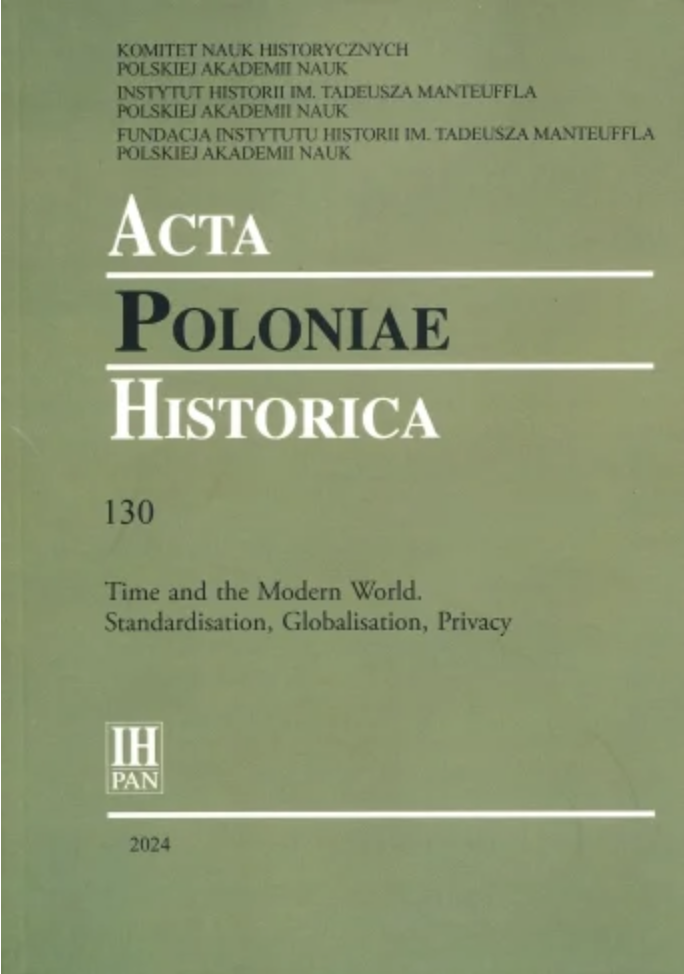TIME IN SERVICE OF ORIENTALISM:
THE CASE OF POLISH JAPANOMANIA AT THE TURN
OF THE TWENTIETH CENTURY
TIME IN SERVICE OF ORIENTALISM:
THE CASE OF POLISH JAPANOMANIA AT THE TURN
OF THE TWENTIETH CENTURY
Author(s): Agata ŁukszaSubject(s): Cultural history, Social history
Published by: Instytut Historii im. Tadeusza Manteuffla Polskiej Akademii Nauk
Keywords: cultural hierarchy; Japanomania; japonisme; Orientalism; universal time;
Summary/Abstract: In this article, I investigate Japanomania – the European and American fascinationwith Japan from the 1860s to the 1910s – focusing on how Western conceptionsof time determined perceptions of Japanese culture. Drawing on Edward Said’sOrientalism and Stuart Hall’s conception of ‘the West’ as a historical construct,I claim that Western understandings of time were instrumental in disseminatingOrientalism, framing the East as exotic, static, and timeless. The study centreson Japanomania in turn-of-the-century Warsaw, including the reception of Japaneseexhibitions and theatre performances, showing that the modern concept of timewas a crucial tool of Orientalism. Specifi cally, the idea of ‘universal’ time allowedfor comparisons between cultures, positioning non-Western societies as inferiorand preserving Western hierarchies and narratives. The article demonstrates howWestern ideological frameworks infl uenced Polish cultural identities and shapedlocal fantasies about Japan and the Orient.
Journal: Acta Poloniae Historica
- Issue Year: 2024
- Issue No: 130
- Page Range: 75-92
- Page Count: 18
- Language: English

